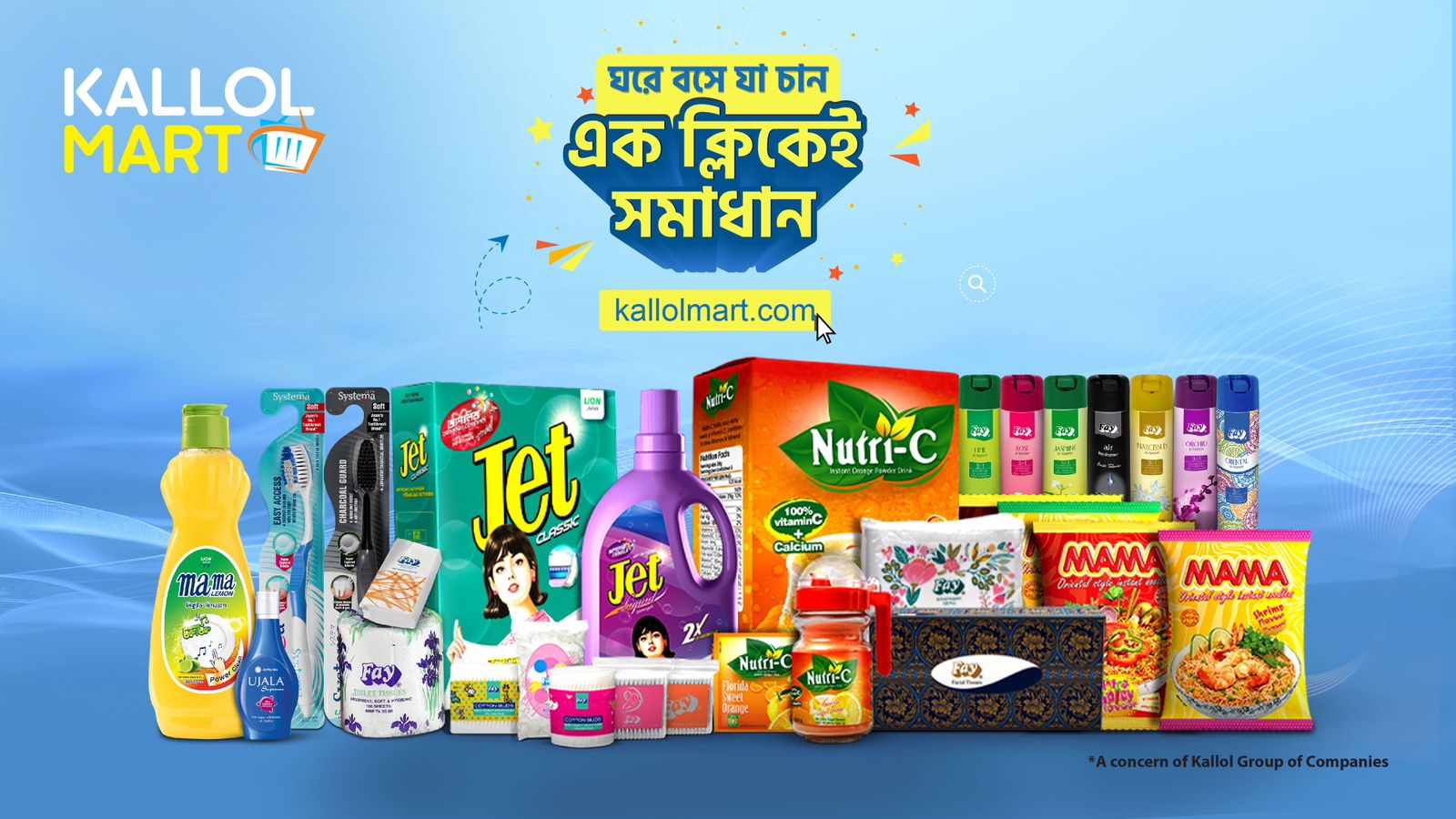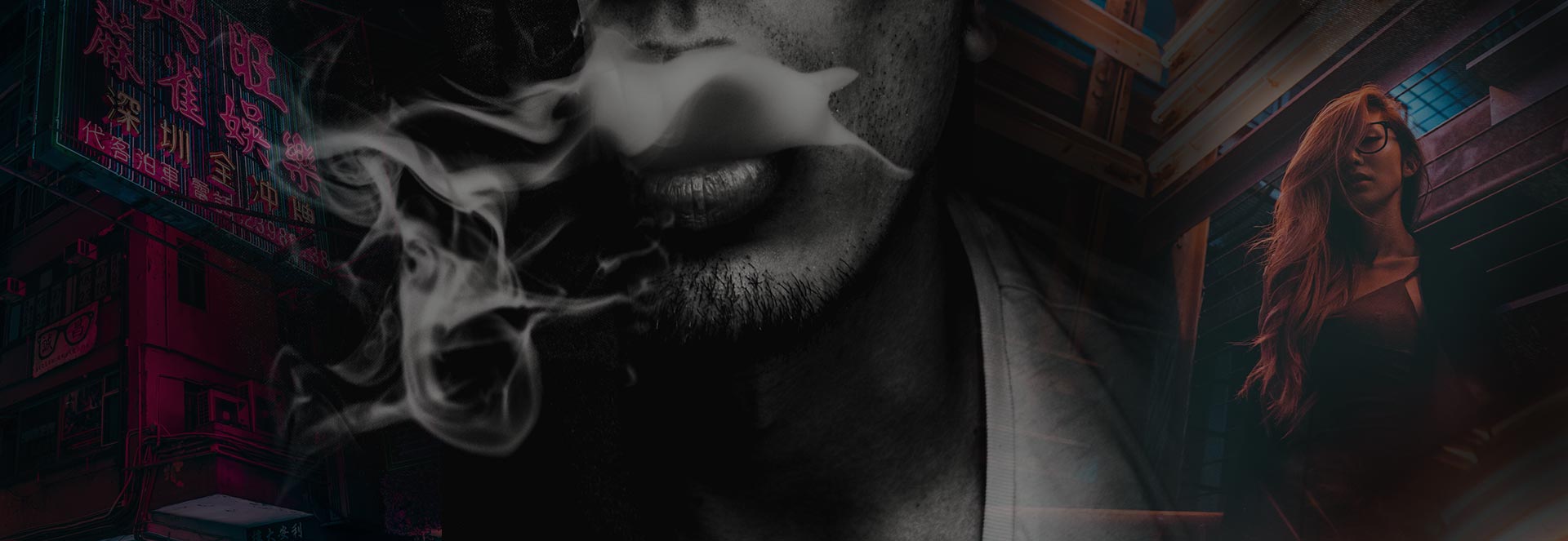Rasheed Mymunul Islam, Managing Director of Monno Ceramic, has shared the brand’s 40-year journey, craftsmanship commitment and innovation in Bangladesh’s tableware ceramic industry, underscoring quality & innovation.

Q. Could you share the story of how Monno Ceramic was founded? What inspired its creation, and what were the initial goals? Could you also give us a brief overview of Monno Ceramic’s core business and how it has evolved over time?
Rasheed: Monno Ceramic was founded by Harunar Rashid Khan Monno in 1984. He was a first-generation businessman who always envisioned to create something that hasn’t been done before in our young country. His first manufacturing business was Monno Jutex, which manufactured essential spare parts for the thriving jute industry in the 70s. During that period, he used to visit Japan a lot to bring their technology and machineries to produce these jute industry spare parts. It was then that he stumbled upon the rich ceramic tableware industry of Japan and realized that this was something that could be introduced in Bangladesh. There was a huge opportunity to produce Ceramic tableware in Bangladesh and export to Europe and America as the labour and energy cost was so much cheaper in Bangladesh than any other country in the West. This dream of manufacturing world class ceramic tableware for the domestic and export market gave birth to a legacy and one of the greatest household brand names in Bangladesh.
Q. What have been some of the most significant milestones in the 40-year journey of Monno Ceramic? Which of these moments stand out as key turning points in the company’s history?
Rasheed: Monno was the first company to export ceramic tableware from Bangladesh in 1986. We had pioneered a whole industrial sector that is earning approximately $50 million every year for our country and employing more than 25,000 workers. In 1988 we launched the “Studio Collection” which was an industry leading super white, ultra translucent porcelain product. This was launched with the legendary “Neel Rajanigandha” design that truly made Monno a household name. In 2017, we won the national trophy for export of tableware for the 12th time. This is the highest number of export trophies that has been won by any industry in this sector.

Q. What were some of the key challenges Monno Ceramic faced in its journey, especially during the early years? How did the company overcome these hurdles, and what lessons were learned?
Rasheed: As a pioneering industry there is a plethora of challenges that my grandfather had to be face. Being the first company to export tableware from Bangladesh, he had immense difficulty to convince the Western customers that Bangladesh had the capability to produce such high-quality products as the Japanese or Germans. I believe it was because of his strong character and fortitude that he became successful in becoming the biggest exporter of tableware from Bangladesh.
Q. As the company grew, what were some of the biggest changes and adaptations you had to make to stay competitive in the market?
Rasheed: One of the strongest ethos of Monno is that we always stayed up to date with the manufacturing technology. When isostatic press technology was introduced for tableware manufacturing, my father was the first person to bring this to Bangladesh with Monno. This technology gave us an upper hand on all our competitors as we could make products faster, cheaper and at consistent quality. Also, we work with various foreign designers and artists to bring new and exciting products for our customers at home and abroad. This is a practice that we have been continuing for the last 30 years.
Q. How would you describe your leadership style, and what values guide your approach to leading the company? What principles do you believe are essential for successful leadership?
Rasheed: Being a millennial, it’s sufficed to say that my leadership style totally different from my predecessors. I believe that the greatest strength of a leader is to know how to delegate and empower his team members. I like to listen to people more than barking orders. I have learnt that if someone fears you, they will hide the problems from you. If the problems are hidden, then a solution will never be found and eventually the company suffers. The most important part of any organization is not the machines or technology but the people who are in charge to run the various operations. I believe in positive affirmation and continuous motivation for my team so that they take ownership of the company and get the most satisfaction from their work as possible.
Q. What kind of culture have you built at Monno Ceramic, and how does it contribute to the company’s success? What do you do to ensure this culture is sustained as the company evolves?
Rasheed: I have built a culture of mutual trust and responsibility within the company. I want my team members and subordinates to take ownership of the company and work for its betterment as they would do if they were in my place. This is how a company becomes truly successful. And if the senior managers are operating with this mind set it is eventually passed down the hierarchy to the junior managers and all new recruits, creating a sustainable eco system of good governance.

Q. Where does Monno Ceramic stand in the ceramics market today, and how do you maintain a competitive edge in this space? What strategies have proven most effective?
Rasheed: Monno is still the top-of-mind brand for ceramic tableware. Our market demand and brand recognition is unparalleled to anyone else in the market. We maintain this by always being a step forward than our competitors. During my tenure since 2009, we were the first to rejuvenate our brand image by reinventing our brand logo, starting social media marketing for ceramic tableware and launching luxury retail stores. We continuously run marketing campaigns and sponsorships for various social events, which keeps us in touch with our every growing customer base.
Q. What is Monno Ceramic’s vision for the future, and how has it evolved over the years? What are your aspirations for the next decade?
Rasheed: The future of Monno Ceramic is to become a global brand. We want to establish our own branded portfolio of tableware all over the world. We have a plan to establish our own distribution networks in Middle East and India in the next 5 years. In terms of our domestic market, we have always relied on wholesale distributors to sell our products all over the country. However, with the influx of new competitors, it is being difficult to ensure market competitiveness via the wholesalers solely. We have realized that we have to create our own distribution and retail network to continuously launch new products and services to stay ahead of the curve. That is the main reason why we launched our own branded retail store since 2020. Now we are in the process of opening franchises of our stores all over Bangladesh.
Q. How does Monno Ceramic incorporate sustainability into its operations? Are there any specific initiatives or practices that demonstrate your commitment to environmental responsibility?
Rasheed: Ceramic manufacturing is a very energy intensive operation where a lot of natural gas need to be burned to fire the products to ensure the fine quality that is loved by you all. However, Monno is working very diligently to reduce their carbon print in every way possible. Since 2019, we have replaced all our old furnaces with brand new furnaces which has reduced our natural gas consumption by 45%. A product that took 26 hours to fire, now only requires 6 hours.
Additionally, we are working to become a zero-waste factory. All our broken ceramic products are recycled and made into refractory bricks. By 2026 we will install a state-of-the-art ETP to ensure that all clay in our effluent is completely extracted and recycled into our production. We are also working with IDCOL, to establish a 2 MW solar plant on our factory roof, to further off set our carbon footprint.
Q. What role does CSR play in your business? How do you engage with the local community, and what initiatives do you have in place to give back?
Rasheed: My grandfather has established the Monno Welfare Foundation which is dedicated to work for the social welfare of our community. The foundation has established a 500-bed hospital, a medical college, nursing institute and an international school and college in Manikganj. The foundation is the majority shareholder of all the business entities of Monno Group and thus our profits are used to fund all these humanitarian initiatives that are providing essential healthcare and education to the rural community of Manikganj and its surrounding areas.
Q. Who are your primary customers, and what strategies do you use to maintain strong relationships with them? How do you ensure customer satisfaction and loyalty?
Rasheed: We always try to establish a personal relationship with all our customers. We feel a personal bond lasts much longer than any business transaction. If there is a meaningful connection with a person, no matter how many difficulties or obstacles arise, we always work together to find an amicable solution and continue our journey together.
Q. What trends are you seeing in the ceramics industry, and how is Monno Ceramic adapting to these changes? What innovations are you most excited about?
Rasheed: Eco-friendly, recycled and sustainable products will be most appealing to the next generation of consumers. Therefore, it is most exciting to find ways to create a ceramic product that has lower carbon footprint and uses as much recycled materials as possible. As mentioned above, this is one of the core objectives of our business in the coming years.
Q. What advice would you give to aspiring entrepreneurs in our country generally? What lessons from Monno Ceramic’s journey could be useful to them?
Rasheed: Think outside the box. Be a change maker.
Monno is a beloved household brand only because 40 years ago one man had the courage to establish a completely new business in a country where no one had any idea how to make such a product. But being the visionary entrepreneur that he was, he stuck with his dream and figured out how to be the best.
My grandfather’s courage is what keeps me going at the worst of times. I believe that if you want to make a difference, you have to be willing to go the extra mile and do what no one else is doing.
Q. As you look back on 40 years, what are you most proud of? What is your message to the employees, partners, and customers who have been with you on this journey?
Rasheed: I am most proud of the fact that “Monno” needs no introduction in our country. My grandfather has made his name a brand and I am proud to be the inheritor of his great legacy. Over 40 years, there has been so many people who were responsible for making this company so amazing. I will forever be indebted to their service and grateful for their undying love for this organisation. I am also proud of the upcoming young team who is now leading this great organisation. I hope that will all their support, I will be able to carry this organisation to the next generation.













